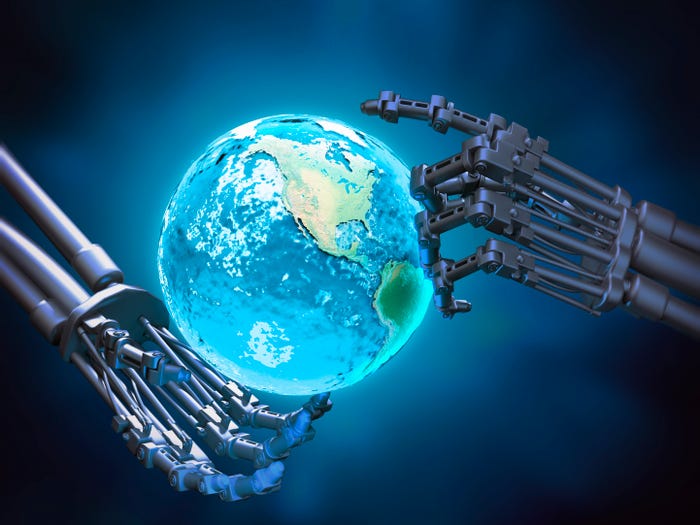URGENT UPDATE: Microsoft’s newly released “AI Diffusion Report” reveals that artificial intelligence is spreading at an unprecedented pace, but a staggering 1.2 billion people are currently excluded from this revolution. This alarming disparity highlights a growing global divide that could exacerbate inequality without immediate intervention.
As of July 2023, the report indicates that AI adoption rates have outstripped that of electricity and the internet, marking a significant technological milestone. However, the benefits are not being shared equally. Countries like the UAE (59.4% adoption), Singapore (58.6%), and Norway (51.9%) are leading the charge, while vast regions in Sub-Saharan Africa, South Asia, and parts of Latin America report AI usage rates of less than 10%.
Microsoft warns that this uneven spread is largely due to inadequate digital infrastructure, limited electricity access, and insufficient educational resources. The report emphasizes that more than 700 million people still lack reliable power, underscoring a critical barrier to participation in the digital economy.
Moreover, language poses another significant hurdle. The majority of AI models are primarily trained in English and other high-resource languages, effectively sidelining the world’s 7,000 languages. Regions speaking low-resource languages such as Hausa, Bengali, and Chichewa are left with AI tools that often do not understand their needs.
Microsoft’s findings indicate that unless urgent investments are made in digital infrastructure and education, the current inequalities could define access to AI technologies for decades to come. The report starkly frames this issue as a new digital divide, emphasizing that power availability is as crucial as data and algorithms in determining who benefits from AI.
The implications of these findings resonate deeply across global communities. Without equitable access, many remain at risk of being marginalized in the burgeoning digital economy. Microsoft states, “This gap will define who benefits from AI for decades to come,” urging governments and organizations worldwide to act swiftly to bridge these divides.
As AI continues to evolve, the clock is ticking for billions who remain locked out. Stakeholders must prioritize investments in education, infrastructure, and multilingual AI development to ensure that the benefits of this transformative technology are accessible to all.
Stay tuned for further updates on this critical issue as Microsoft and other organizations respond to these urgent challenges.
